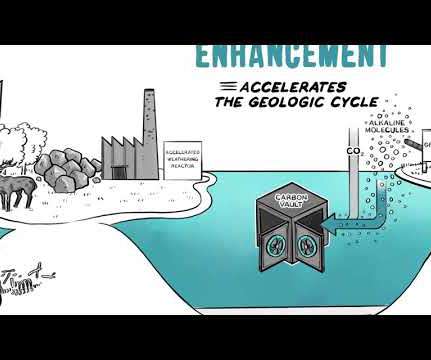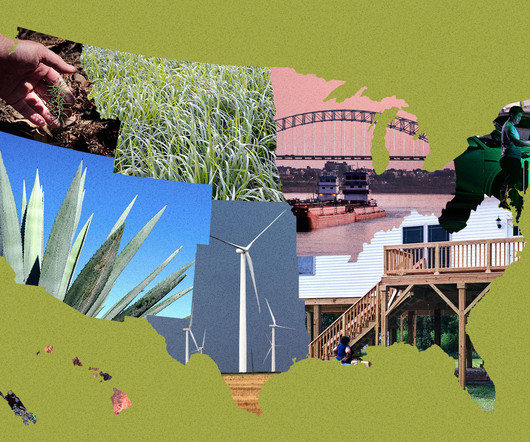Ocean-based sequestration heats ups
GreenBiz
FEBRUARY 1, 2021
Until recently, ocean sequestration, also known as blue carbon, attracted little attention outside academic and think-tank circles. We might be at a turning point, however, because a handful of forward-looking corporations, conservation organizations and startups recently have accelerated efforts to store carbon in marine systems.





















Let's personalize your content